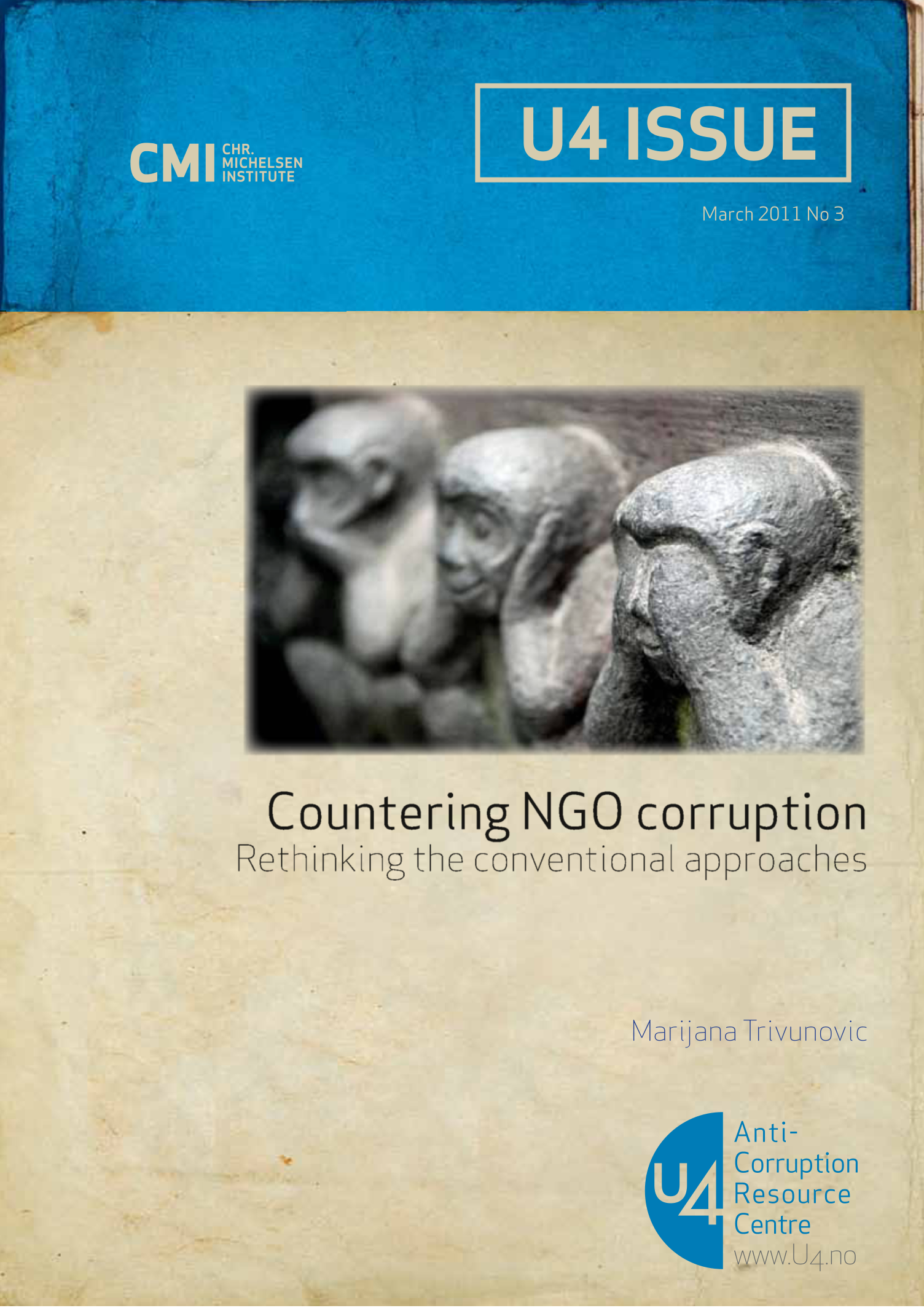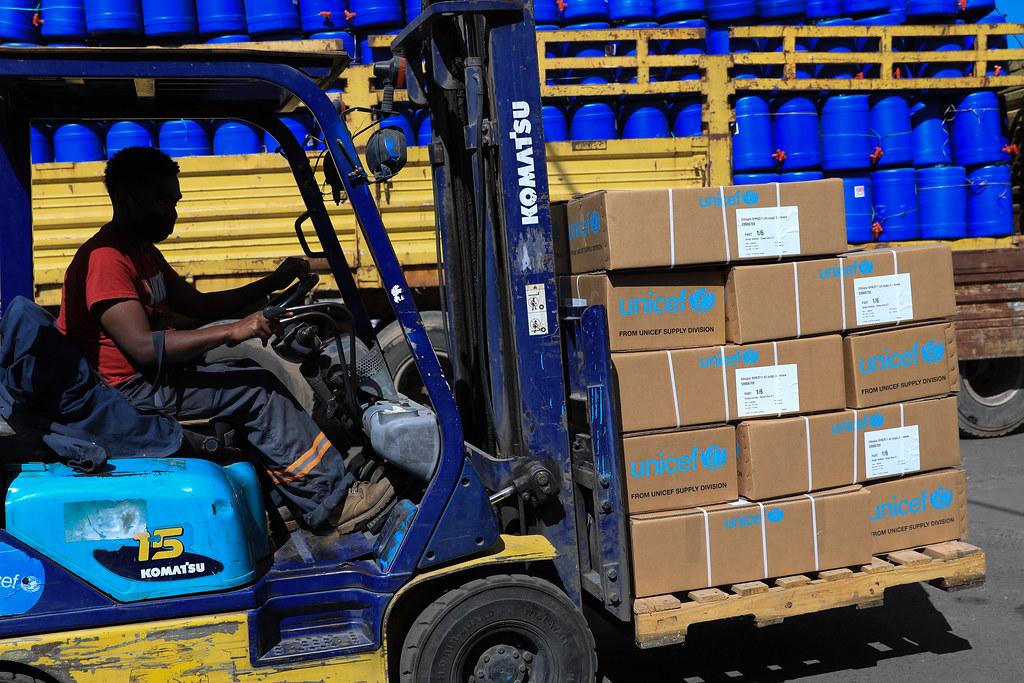U4 Issue
Countering NGO corruption: Rethinking the conventional approaches
Donor agencies are increasingly vigilant for signs of corruption or other abuses in the projects and programmes they fund, no matter what aid modality is in question or who the implementer or recipient of the funds may be. Mechanisms can be put into place to prevent and detect corruption in development aid, including in funds disbursed to and through NGO counterparts, and these measures are typically applied at the key stages of the programme/project cycle. But how effective are these mechanisms? Are they designed to address specific NGO needs and challenges? Does their application create any unintended negative consequences? While a lack of empirical evidence prevents reaching conclusive answers to these questions, this issue draws on practitioner experience gathered through informal interviews and an extensive civil society accountability discourse to lay out the key issues that should be considered by donors in reviewing their NGO accountability regimes.

Cite this publication
Trivunovic, M. (2011) Countering NGO corruption: Rethinking the conventional approaches. Bergen: Chr. Michelsen Institute (U4 Issue 2011:3) 11 p.
Disclaimer
All views in this text are the author(s)’, and may differ from the U4 partner agencies’ policies.
This work is licenced under a Creative Commons Attribution-NonCommercial-NoDerivatives 4.0 International licence (CC BY-NC-ND 4.0)


